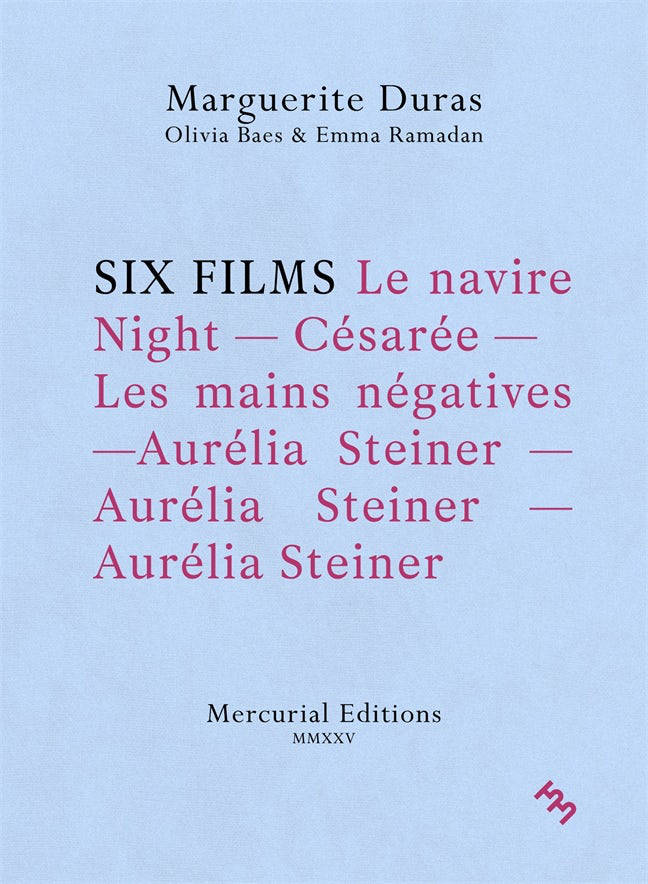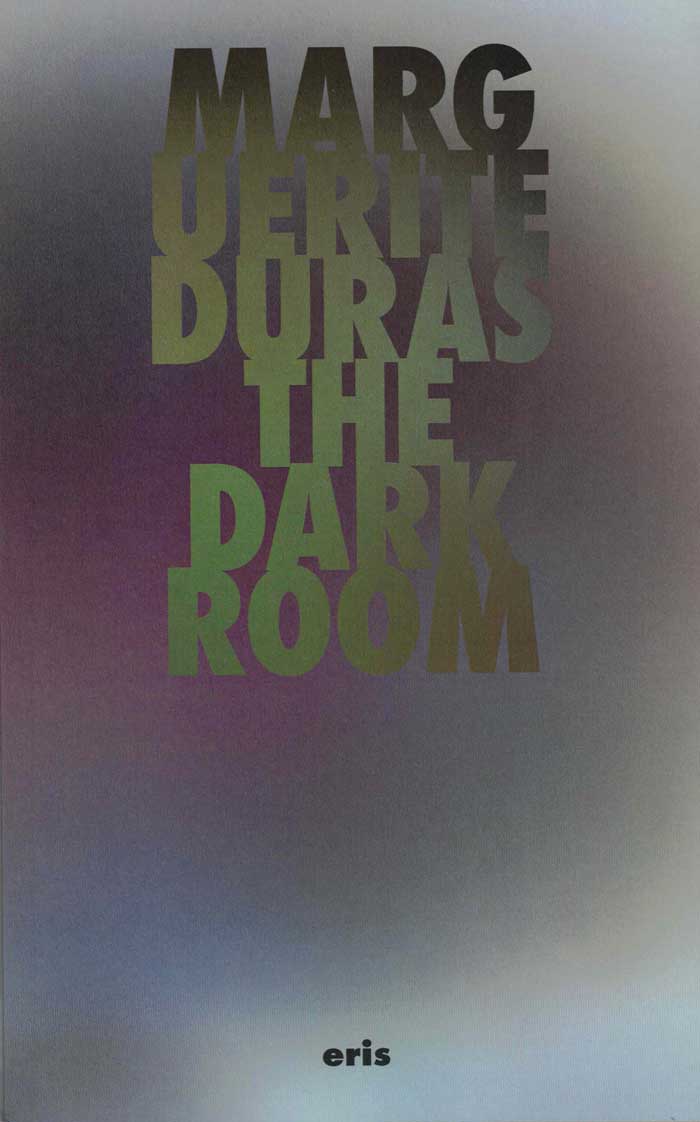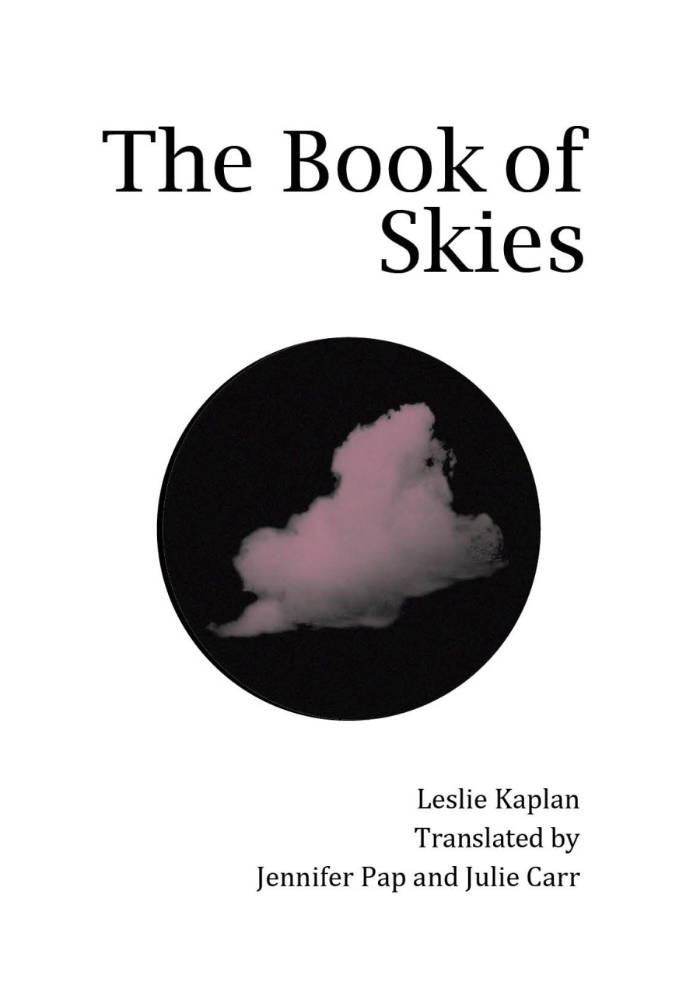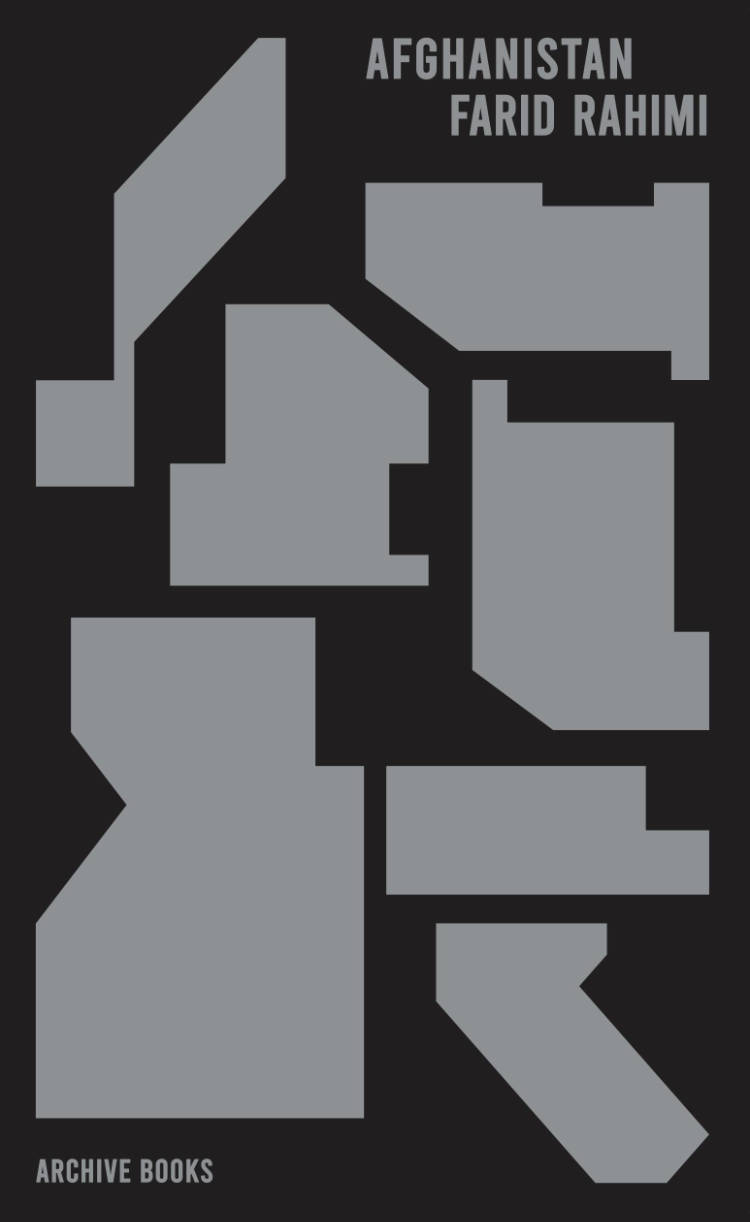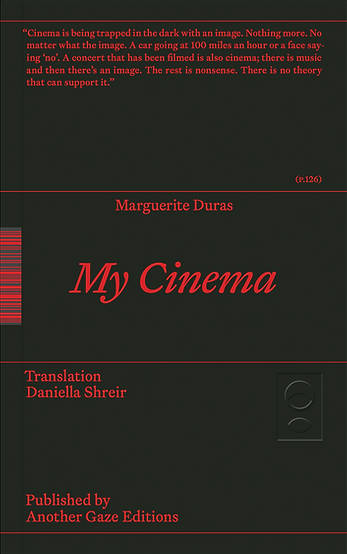
My Cinema
A collection of writings by and interviews with Duras about her filmmaking, first published in French by P.O.L. in 2021 and translated into English by Daniella Shreir.
Working chronologically through her nineteen films, made between 1966 and 1985, this collection of reflections by Marguerite Duras (1914–1996) includes non-standard press releases, notes to her actors, letters to funders, short essays on themes as provocatively capacious as ‘mothers’ and ‘witches’, as well as some of the most significant interviews she gave about her cinematic and writing practices (with filmmakers and critics including Jacques Rivette, Caroline Champetier and Jean Narboni).
In Duras's hands, all of these forms turn into a strange, gnomic literature in which the boundary between word and image becomes increasingly blurred and the paradox of creating a cinema that seeks ‘to destroy the cinema’ finds its most potent expression.
Yet, Duras is never concerned only with her own work, or even with the broader project of making cinema: her preoccupations are global, and the global crucially informs her perceptions of the way in which she works. With the audiovisual as a starting point, her encyclopaedic associative powers bring readers into contact with subjects as diverse as the French Communist Party, hippies, Jews, revolutionary love, madness and freedom, across four decades of an oeuvre that is always in simultaneous dialogue with the contemporary moment and world history.
MARGUERITE DURAS (1914–1996) published over forty novels, numerous essays, novellas and plays and made nineteen films. She was part of the French Resistance, joined then left the Communist Party, and actively protested against the war in Algeria. She collaborated repeatedly with actors including Jeanne Moreau, Delphine Seyrig and Gerard Depardieu. Her films speak of her childhood in Indochina and the French colonies, of desire (burning and frustrated), madness and domesticity. Contemporary filmmakers including Claire Denis, Alice Diop and John Waters have cited Duras’ cinema as inspiration for their own work.
